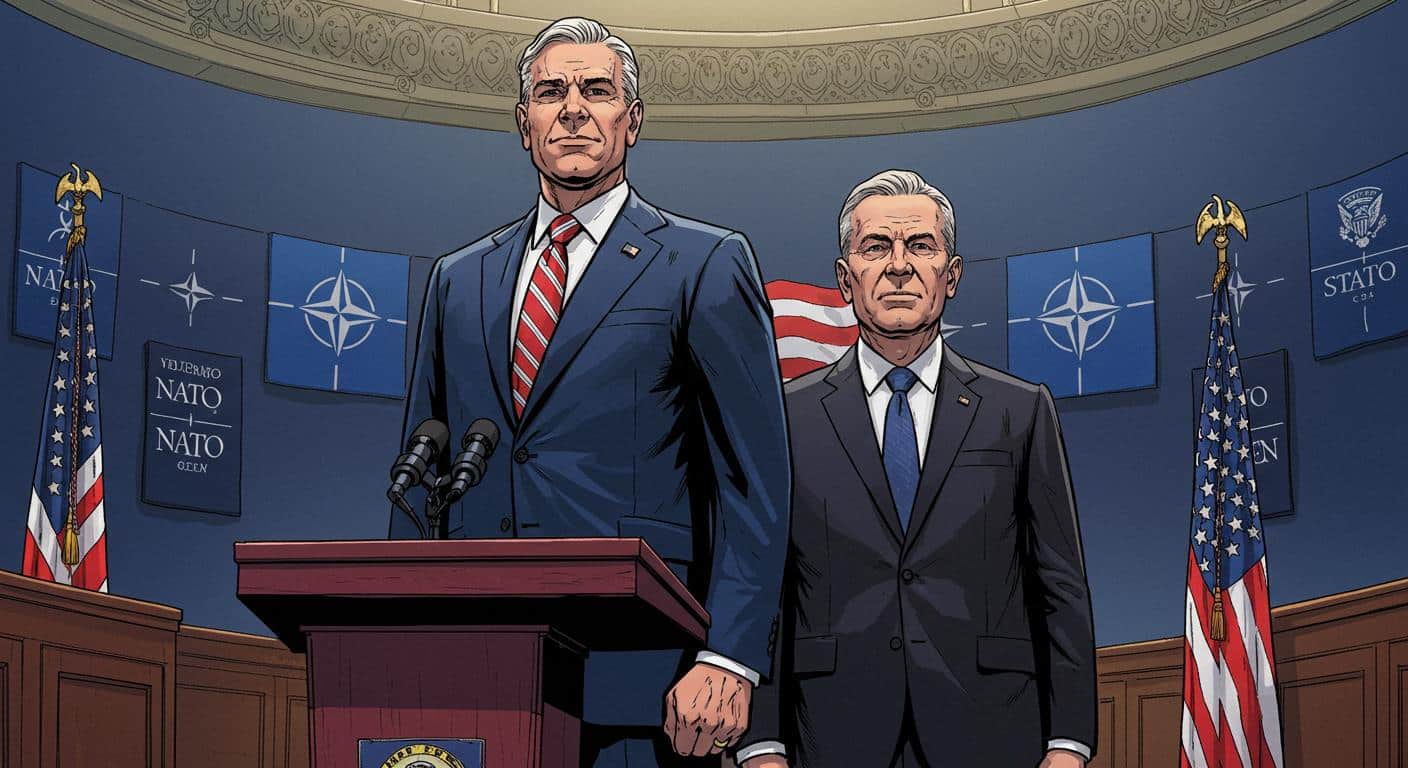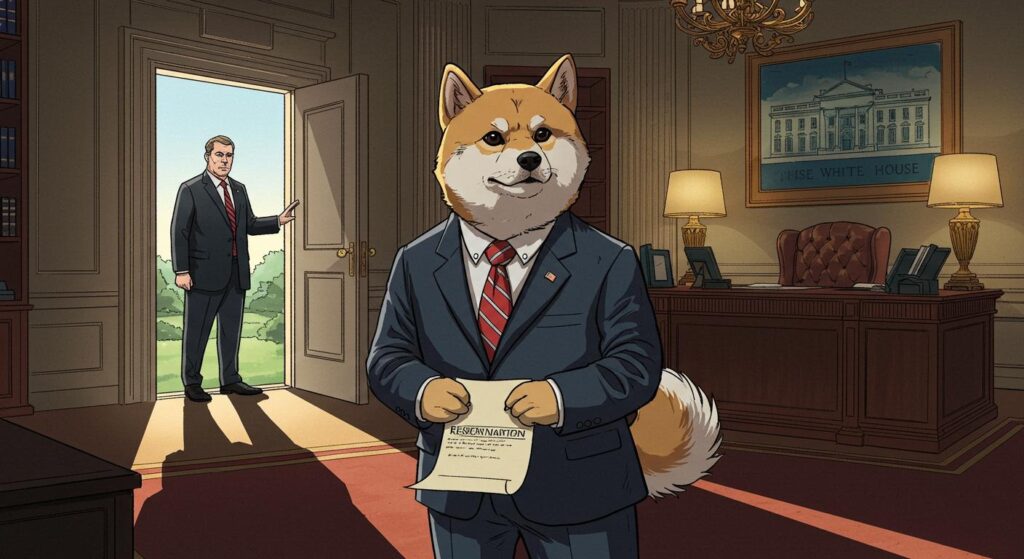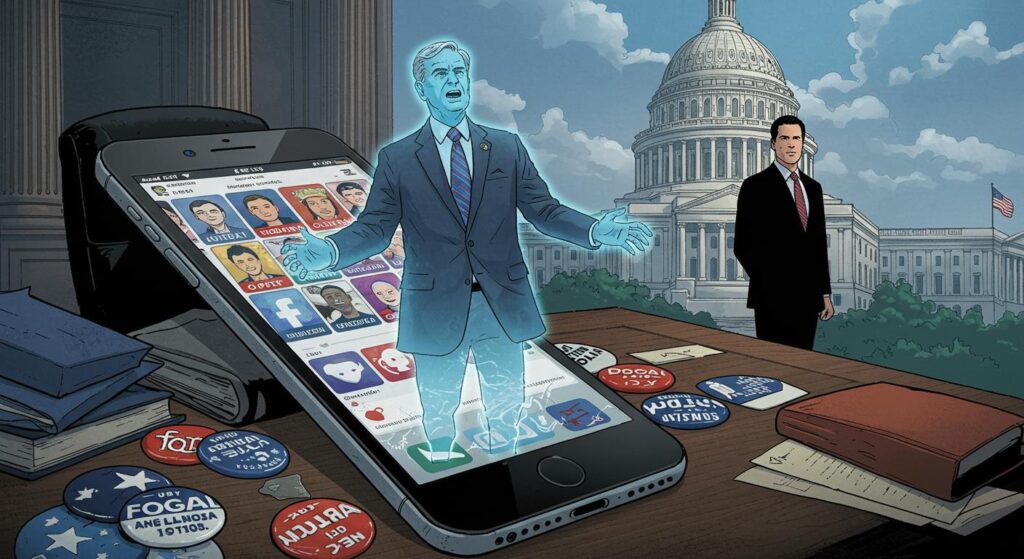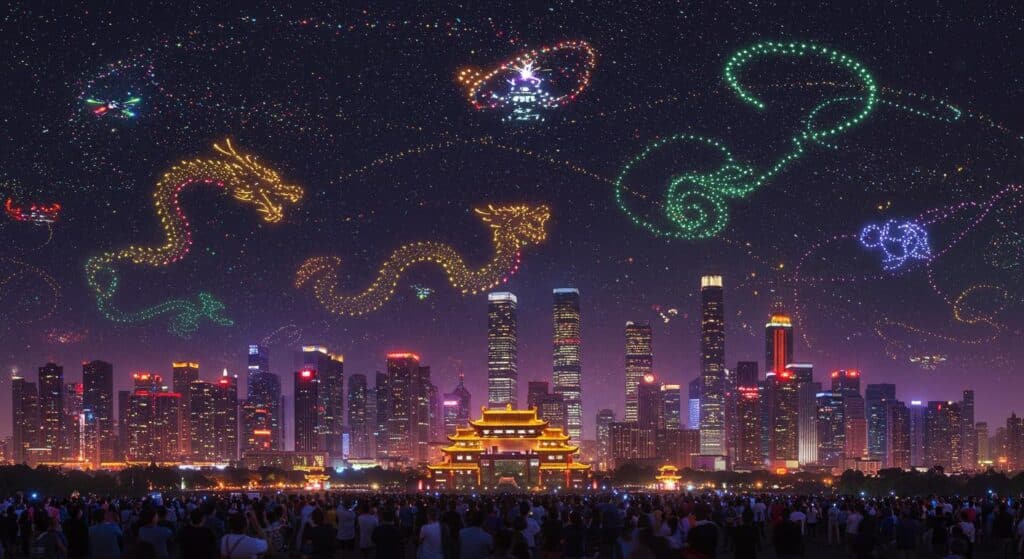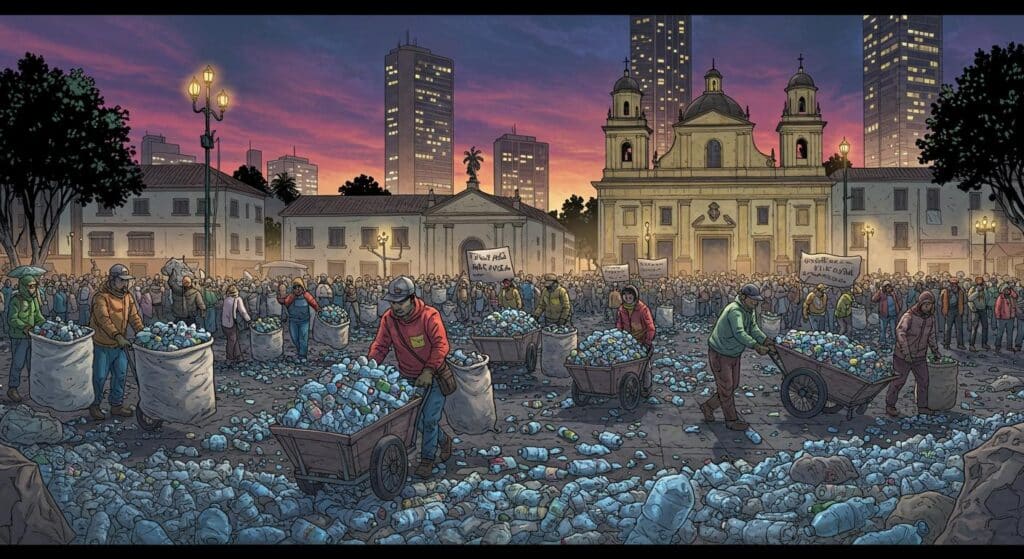It’s a truism that world politics moves in cycles—alliances warm and cool, leaders ascend and fade, and the vocabulary gets a little weirder with every summit. But every so often, something occurs that makes even the most jaded observer pause and ask, “Wait, is this a bit?” This week, at NATO’s annual summit in The Hague, observers got one of those moments. According to The Guardian, NATO Secretary General Mark Rutte publicly referred to President Donald Trump as “daddy”—not in jest, but from the lectern, mid-policy discussion.
Family Values, NATO Edition
The phrase took center stage at a press conference where Trump congratulated NATO members for agreeing to boost defense spending to a lofty 5% of GDP by 2035—a leap that, as the outlet documents, he’s been requesting for years, though only recently found support. In these remarks, Trump emphasized, “Nato’s going to become very strong with us,” expressing confidence in the alliance’s new path.
The Guardian details that Rutte responded with effusive gratitude: “I want to state that without President Trump this would not have happened,” and teased that the next day would bring “the big splash.” All of this followed a tense exchange on US airstrikes in Iran and a flurry of criticism by Trump toward major media, which led Rutte to pivot the tone. Recounting Trump’s forceful language in disputes involving Iran and Israel—where Trump accused both of bungling ceasefire talks—Rutte offered the now-viral line: “Daddy sometimes has to use strong language.” The Irish Independent, drawing on the same exchange, notes the phrase was delivered as both a justification for Trump’s expletive outbursts and as a metaphor for Trump’s role as the driving force behind the spending agreement.
Strong Words, Stronger Budgets
The context for this moment is, if anything, classic Trump-era diplomacy. As The Guardian reports, Trump used the spotlight to highlight his success in pressuring NATO allies into ramping up collective defense spending, pointing out that during the Biden administration, “it just died, like everything else died.” There’s a familiar note in his self-congratulation—after all, Trump has repeatedly claimed credit for shaking up the alliance’s spending culture, and the latest deal appears to bear out at least part of that claim.
Rutte, formerly the Dutch prime minister, made sure to clarify that the new targets are “not about US taxpayers paying more,” distinguishing the burden as one that falls primarily on Europe and Canada, who are now on the hook to raise their budgets by significant margins. The outlet notes that NATO’s new plan divides the 5% goal into 3.5% for core military spending, with the remainder earmarked for infrastructure, intelligence, and cybersecurity. Whether member nations deliver on those promises—or simply add more creative accounting to their ledgers—remains an open question.
Internet Speak at the Summit Table
Footage and transcripts reviewed by the Irish Independent confirm that Rutte’s “daddy” reference came after a particularly colorful session. He was directly addressing Trump’s use of the “f-word” while describing frustrations with both Iran and Israel over failed ceasefires—a rhetorical move rarely seen outside late-night television.
Yahoo News Australia, recounting the session, underscores that Rutte explicitly linked Trump’s sometimes raw rhetorical style with his leadership approach: “Daddy sometimes has to use strong language.” The phrase, as highlighted by the outlet, was part of an attempt to reframe Trump’s brashness as tough, necessary guidance—expletives and all—for a sometimes unruly alliance. As if to cement the idea that statesmanship and meme culture have officially converged, the quote quickly spread well beyond the press room.
Geopolitics With a Wink
How do we interpret a world in which the Secretary General of NATO, at a pivotal summit, calls the U.S. president “daddy” while justifying nuclear brinkmanship and record defense budgets? Is it savvy messaging for a modern audience, a calculated strategy to flatter a famously ego-driven leader, or proof that internet culture has finally cracked the highest echelons of global diplomacy?
While the phrase may simply be good-natured banter, the Guardian’s reporting suggests Rutte’s praise—calling Trump’s bombing campaign “extremely impressive” and referring to him as “a man of peace who is willing to use the enormous strength of the US military”—was anything but flippant. In a gesture both playful and oddly reverent, Rutte managed to both elevate Trump’s stature and lean into the absurdity of the moment.
There’s irony here that cannot be ignored. If historians ever find themselves parsing NATO communiqués in the decades ahead, will they need a glossary just to get through the 2020s? Or will “Daddy diplomacy” join the ever-expanding lexicon of uniquely 21st century global politics?
For now, all we can say is this: in 2025, world affairs and meme culture walk hand in hand, sometimes straight to the podium. And if that doesn’t make you pause—even just for a moment—what will?

